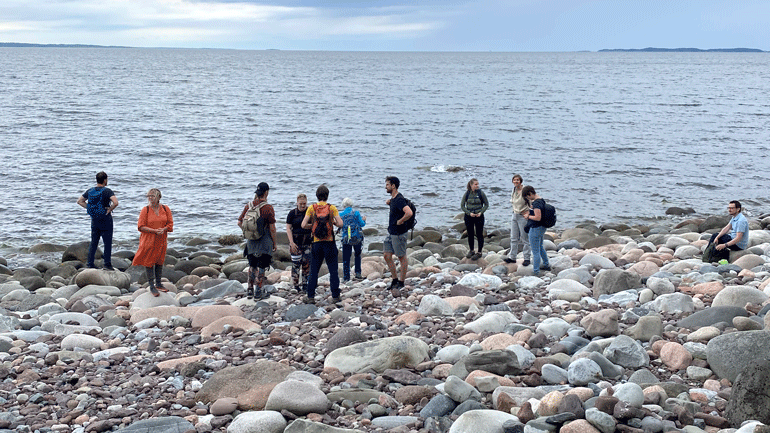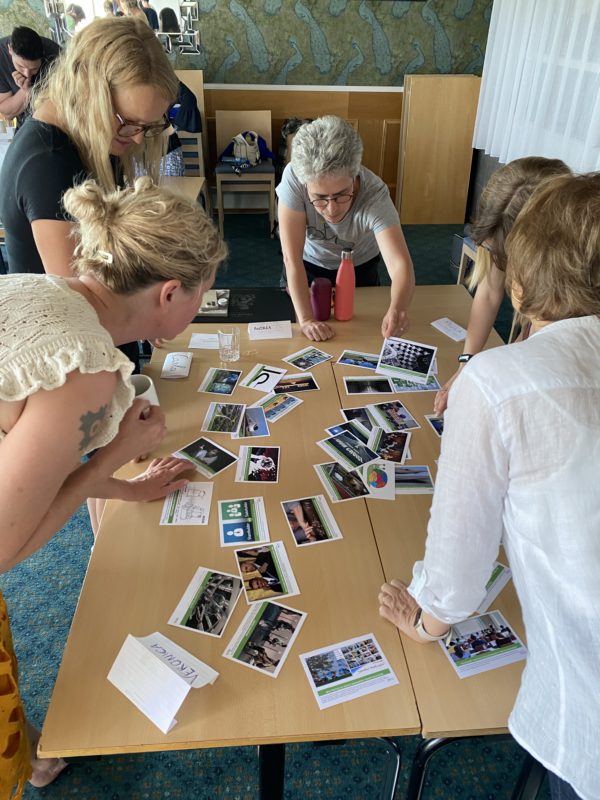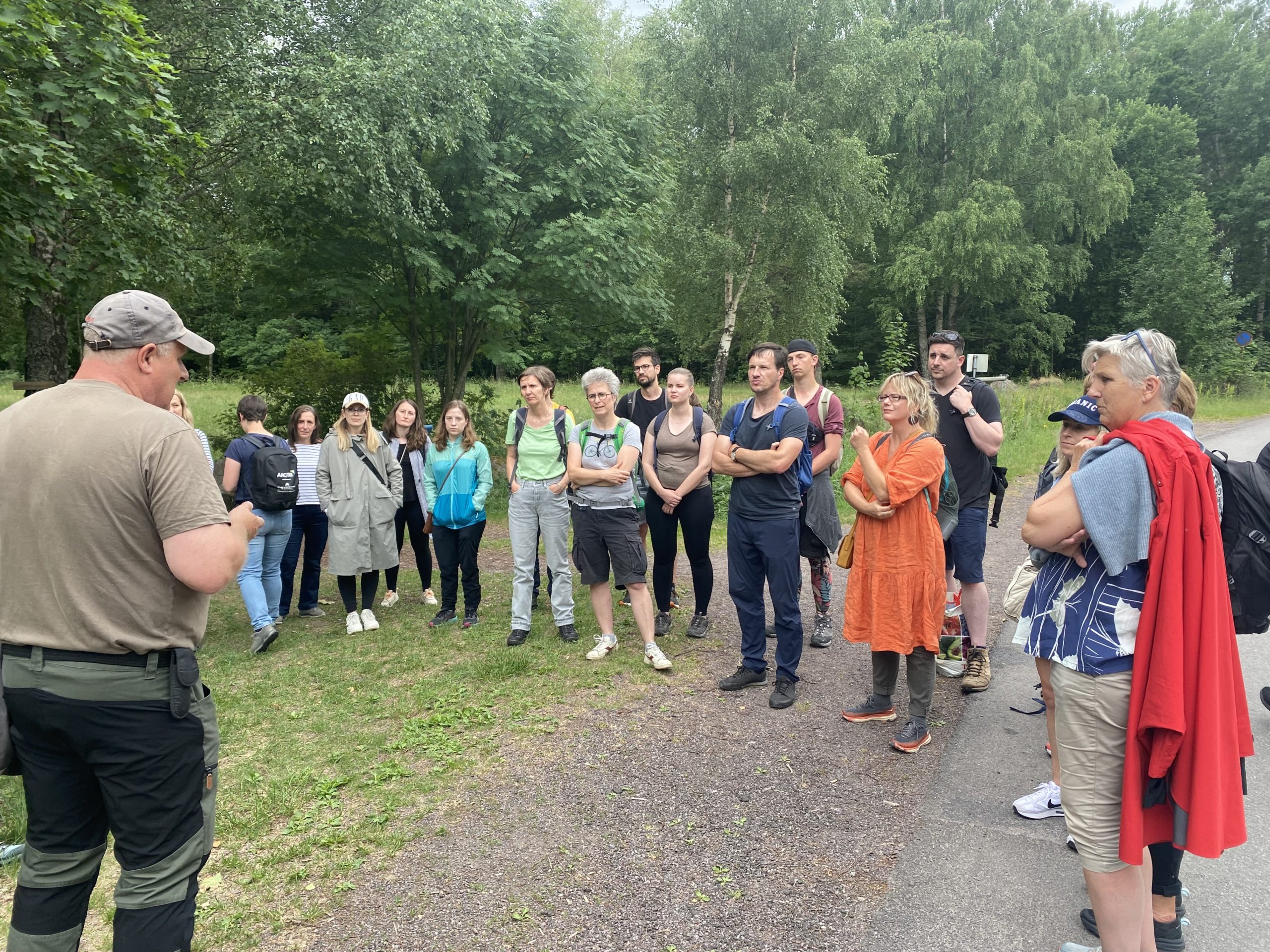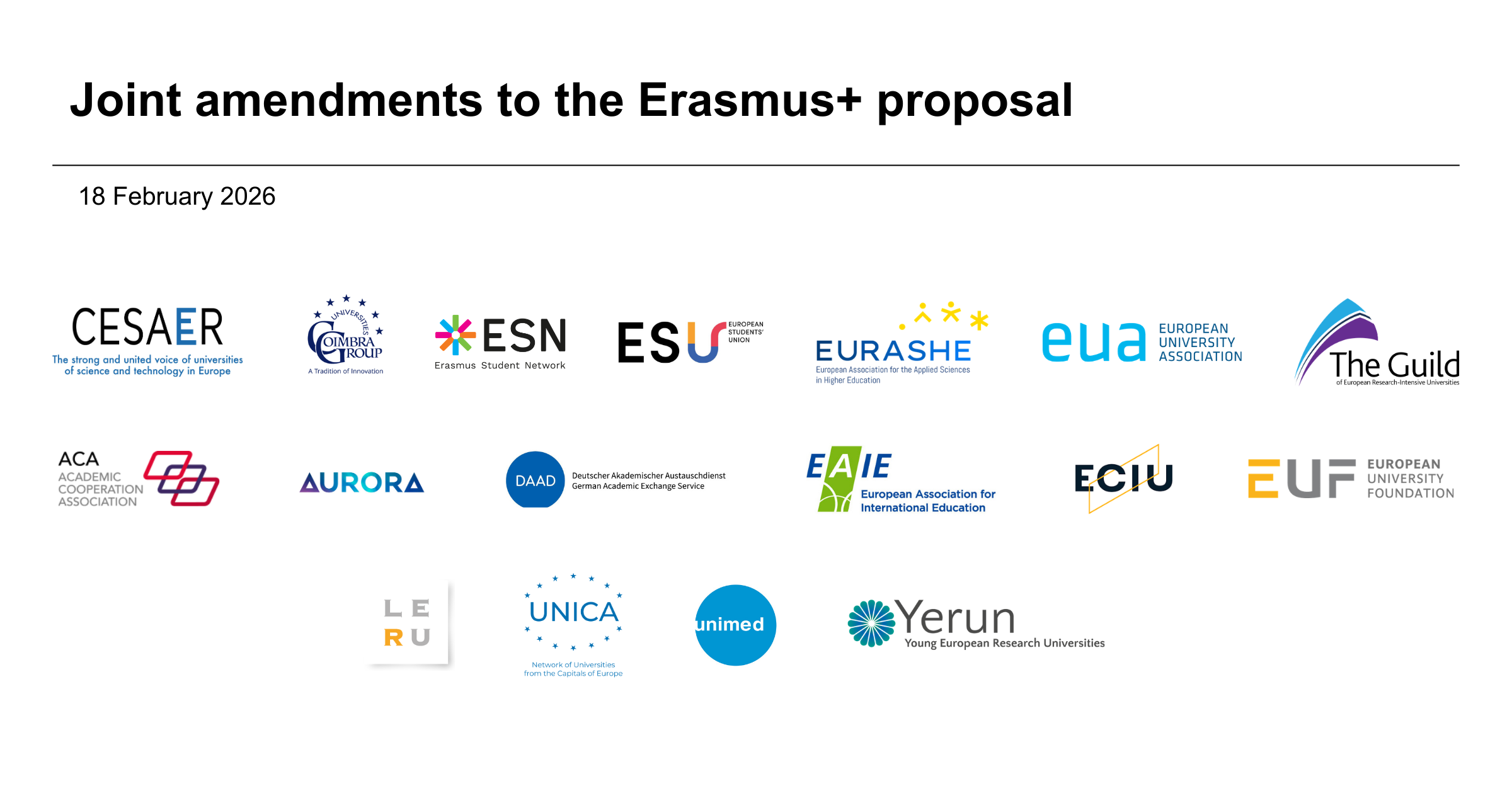27 participants from 10 different European universities are gathered this week in the fjord-village of Åsgårdstrand in Norway to participate in the first part of the Erasmus+ programme “Driving Sustainable Futures in Higher Education”.
The Erasmus+ Blended Intensive Programme programme “Driving Sustainable Futures in Higher Education” is created by a consortium of four universities: University of South-Eastern Norway (USN), University of Limerick, University of Antwerp and NOVA University Lisbon. USN has taken the lead to develop and run the first Blended Intensive Programme.
Contemporary challenges related to climate, environmental and natural crises, and increasing social inequality imply a need for sustainable restructuring of all human activities draws up the background for the programme.
“Universities need to move towards inter- and transdisciplinary modes of producing and circulating knowledge. We need to become more open institutions with a strong presence in society through proactive engagement and partnership with other societal actors,” the Director of the Centre for Sustainable Transition, Annette Bischoff, says.
.

.
To the mountains
Day 1 focused on a changing world and anthropological views on the restructure of education, as well as preparing participants for a lot of teamwork.
On day 2, Andrea Deverell from the University of Limerick held a session about Sustainable to Regenerative Futures: Igniting Collective Imaginaries.
Furthermore, mountain hiking, visits to Place-based sustainability initiatives in the region as well as the development of small-scale projects to be implemented in your own institutions consist parts of the week-long programme.
Expertise in sustainability
Universities are challenged to restructure both research and education to meet the needs for expertise in sustainability which is in demand in all areas of society, both in the private and public sectors. Collaboration, co-creation and the production and sharing of knowledges across national borders are necessary for the collective, global tasks we face in transforming to a sustainable future.
The programme intents to provide a forum for discussion about working in transdisciplinary ways, and about collaboration across different sciences, knowledges, and sectors. It also addresses various issues related to sustainability in Higher Education. Participants will throughout the week discuss and share perspectives on benefits and challenges with work across sciences, knowledges, and sectors. The programme offers reflections on connections, contradictions, and paradoxes between different UN SDGs. In addition, the programme will offer perspectives on a critical understanding of the consequences of not changing the way we manage the planet.
Key competences
After the completion, participants should have developed key competences necessary to accommodate sustainable transitions.
The programme provides participants with the opportunity to further develop their critical reflection and assessment of sustainability concepts and challenges; the capacity to interpret and ask critical questions about research, analysis and information related to sustainability; and competences to discuss and find sustainable alternatives for action at individual, institutional and societal levels.
.

.
Photos credits: Ragne Brekke Hvidsten (USN)










